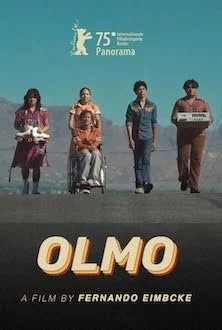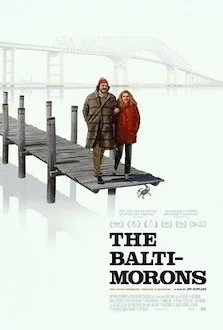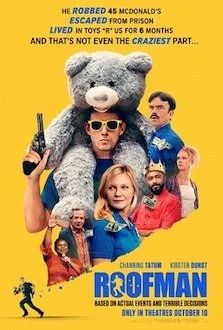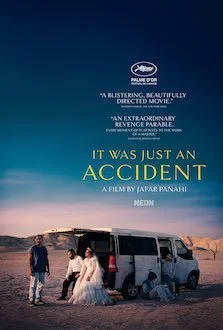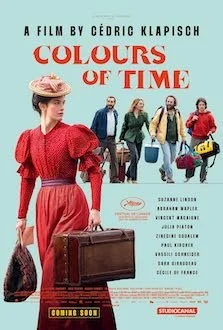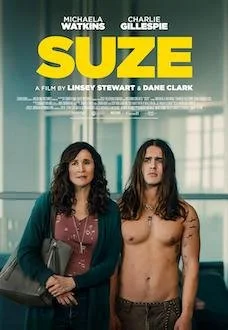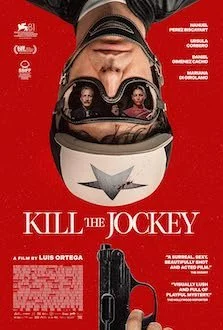Direction: Fernando Eimbcke
Country: USA / Mexico
Charismatic and respected Mexican helmer Fernando Eimbcke returns 12 years after his last feature, Club Sandwich. Previously known for Duck Season (2004) and Lake Tahoe (2008), he now presents Olmo, set in 1979 New Mexico. The story follows 14-year-old Olmo (Aivan Uttapa), who prefers hanging out with his best friend Miguel rather than taking care of his bedridden father (Gustavo Sánchez Parra), afflicted with multiple sclerosis. Caught in an emotional spiral, Olmo—who harbors a crush on his neighbor Nina (Melanie Frometa)—also discovers that his hard-working mother (Andrea Suárez Paz) has a lover, all before attending a long-awaited party.
Although sincere in its intentions, Olmo is not a flawless coming-of-age comedy-drama. Its shortcomings gradually fade, however, as style and substance begin to align, offering a slice of demanding real life filtered through humor. It is a small yet deeply felt film, supported by strong performances that boldly contrast mischievous, bubbly moments with an undercurrent of disconcerting sweetness. This adolescent adventure shifts from cheerful lightness to emotional chaos, and there is no denying the stylistic assurance and talent behind Eimbcke’s direction.
I probably couldn't connect with the story and its characters in the way that Eimbcke would have liked but It's that kind of movie where life just happens, with hope and love surfacing in expected corners. It is worth seeking out for its retro atmosphere, passionate family dynamics, and comedic tone that balances silliness with sensitivity.

